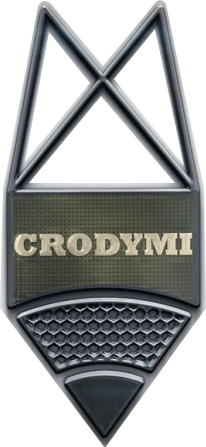 Victims of motor vehicle crashes may search for a wide range of information and resources to help them navigate the aftermath of the incident. Here are twelve things’ people might need after a motor vehicle collision:
Victims of motor vehicle crashes may search for a wide range of information and resources to help them navigate the aftermath of the incident. Here are twelve things’ people might need after a motor vehicle collision:
- Emergency Medical Care: Information on local hospitals, urgent care centers, and medical facilities for immediate treatment of injuries sustained in the crash.
- Insurance Claims Process: Guidance on how to file an insurance claim, what documentation is required, and how to communicate with insurance companies (More info on Insurance claim).
- Personal Injury Lawyers: Resources for finding a lawyer or legal advice related to their case, especially if they are seeking compensation for injuries.
- Legal Rights and Compensation: Information on their legal rights, potential compensation, and steps to take in order to protect their interests.
- Rehabilitation and Physical Therapy: Resources for rehabilitation centers, physical therapists, and support groups to aid in the recovery process.
- Post-Traumatic Stress and Mental Health Support: Information on therapy, counseling, and support groups for individuals dealing with the emotional aftermath of a crash (Harvest Counseling & Wellness).
- Vehicle Repair or Replacement: Details on reputable auto repair shops, rental car options, and insurance coverage for vehicle damage.
- Traffic Laws and Regulations: Information about local traffic laws, regulations, and how they may pertain to the specific circumstances of the crash. TExas.Gov
- Accident Reports and Documentation: Guidance on obtaining official accident reports from law enforcement agencies for insurance and legal purposes (Crodymi.com).
- Witnesses and Statements: Information on how to gather witness statements, their importance in legal proceedings, and how to approach potential witnesses.
- Support Groups and Communities: Resources for connecting with others who have experienced similar situations, providing emotional support and sharing experiences.
- Financial Assistance and Compensation Programs: Information on potential sources of financial assistance, government programs, and charitable organizations that may be able to help with medical bills and other expenses.

